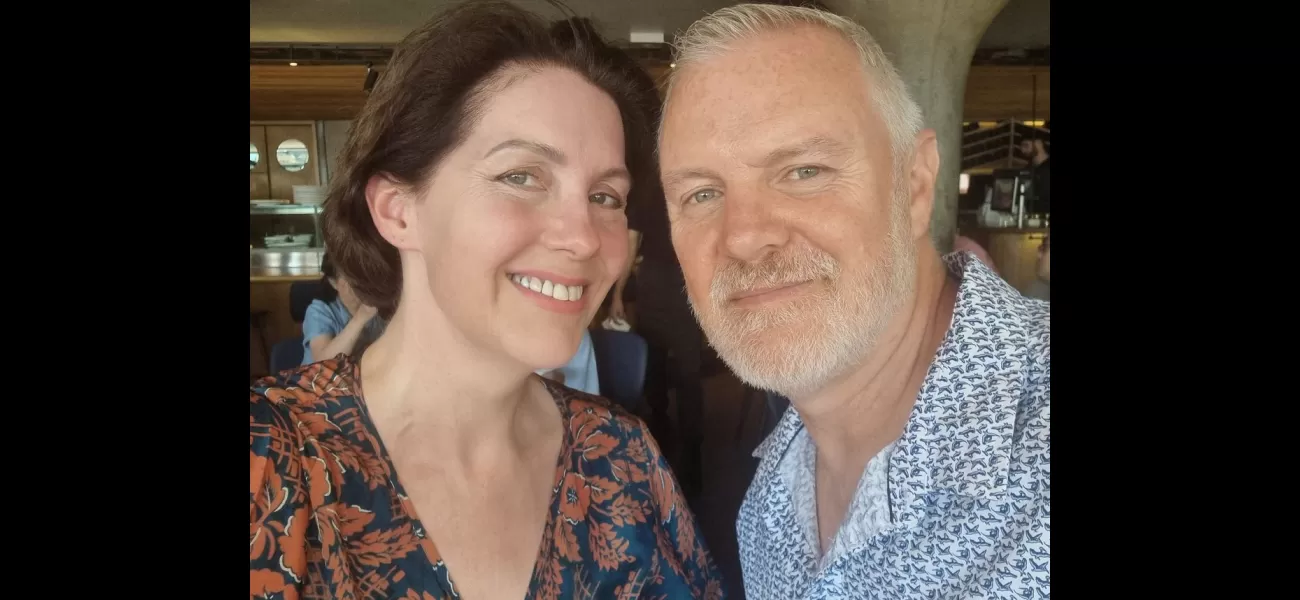Screening for bowel cancer now available at a younger age due to increase in cases among younger individuals.
Australians aged 45-49 can now get a free bowel cancer screening kit, as announced in the Budget.
May 14th 2024.

The recent federal budget has brought some exciting news for Australians aged 45 to 49. In a move to tackle the increasing rates of bowel cancer in younger people, the government has lowered the eligibility age for free screening from 50 to 45. This change will come into effect from 1 July 2024, and an extra 1.6 million individuals in this age bracket will now be eligible to request a screening test through the National Bowel Cancer Screening Program. This decision follows the recommendation made by the National Health and Medical Research Council last October to lower the screening age to 45.
Bowel Cancer Australia, an advocacy group, has been pushing for this change for the past six years, citing the alarming statistics that show Australians aged 40-49 accounting for 56% of new cases and 64% of deaths in those diagnosed with bowel cancer under 50. The rates of bowel cancer have been steadily increasing in young adults for the past three decades, making this change in eligibility a crucial step in addressing the issue.
However, unlike individuals aged 50 and above who automatically receive screening kits in the mail, those in the 45-49 age bracket will need to opt-in to the program. Once they do, they will receive a screening test every two years. This budget measure has already been partially funded, bringing hope to many like Canberra fitness instructor Yvette Adams, who was diagnosed with stage 3 bowel cancer at the age of 47.
Adams, who had no prior symptoms except occasionally seeing blood in her stools, believes that if a test kit had been available earlier, she would have definitely used it. Her story is echoed by Sydney nurse Miriam Van Zanten, who was diagnosed with stage four bowel cancer at the age of 49. Van Zanten, who received her bowel kit in the mail at 50, laments that it was too late for her as the cancer had already spread to her liver. She believes that if she had been able to access a test kit earlier, the result may have been very different.
While the announcement of lowering the screening age is a step in the right direction, Bowel Cancer Australia CEO Julien Wiggins emphasizes that there is still work to be done. He points out that this change does not address the rise in early-onset bowel cancer, and the organization is currently funding research in this area. Wiggins also stresses the importance of timely diagnosis, especially for younger patients who may face delays in getting referred for a colonoscopy.
In the meantime, individuals aged 40-44 can request a bowel cancer screening kit through their GP or doctor, and it is important for both patients and healthcare professionals to be aware of potential signs of bowel cancer, such as blood in stools, unexplained weight loss, and abdominal pain. With this change in eligibility, the hope is that more people will be able to catch bowel cancer at an earlier stage, leading to better outcomes and ultimately, saving lives.
Bowel Cancer Australia, an advocacy group, has been pushing for this change for the past six years, citing the alarming statistics that show Australians aged 40-49 accounting for 56% of new cases and 64% of deaths in those diagnosed with bowel cancer under 50. The rates of bowel cancer have been steadily increasing in young adults for the past three decades, making this change in eligibility a crucial step in addressing the issue.
However, unlike individuals aged 50 and above who automatically receive screening kits in the mail, those in the 45-49 age bracket will need to opt-in to the program. Once they do, they will receive a screening test every two years. This budget measure has already been partially funded, bringing hope to many like Canberra fitness instructor Yvette Adams, who was diagnosed with stage 3 bowel cancer at the age of 47.
Adams, who had no prior symptoms except occasionally seeing blood in her stools, believes that if a test kit had been available earlier, she would have definitely used it. Her story is echoed by Sydney nurse Miriam Van Zanten, who was diagnosed with stage four bowel cancer at the age of 49. Van Zanten, who received her bowel kit in the mail at 50, laments that it was too late for her as the cancer had already spread to her liver. She believes that if she had been able to access a test kit earlier, the result may have been very different.
While the announcement of lowering the screening age is a step in the right direction, Bowel Cancer Australia CEO Julien Wiggins emphasizes that there is still work to be done. He points out that this change does not address the rise in early-onset bowel cancer, and the organization is currently funding research in this area. Wiggins also stresses the importance of timely diagnosis, especially for younger patients who may face delays in getting referred for a colonoscopy.
In the meantime, individuals aged 40-44 can request a bowel cancer screening kit through their GP or doctor, and it is important for both patients and healthcare professionals to be aware of potential signs of bowel cancer, such as blood in stools, unexplained weight loss, and abdominal pain. With this change in eligibility, the hope is that more people will be able to catch bowel cancer at an earlier stage, leading to better outcomes and ultimately, saving lives.
[This article has been trending online recently and has been generated with AI. Your feed is customized.]
[Generative AI is experimental.]
0
0
Submit Comment





